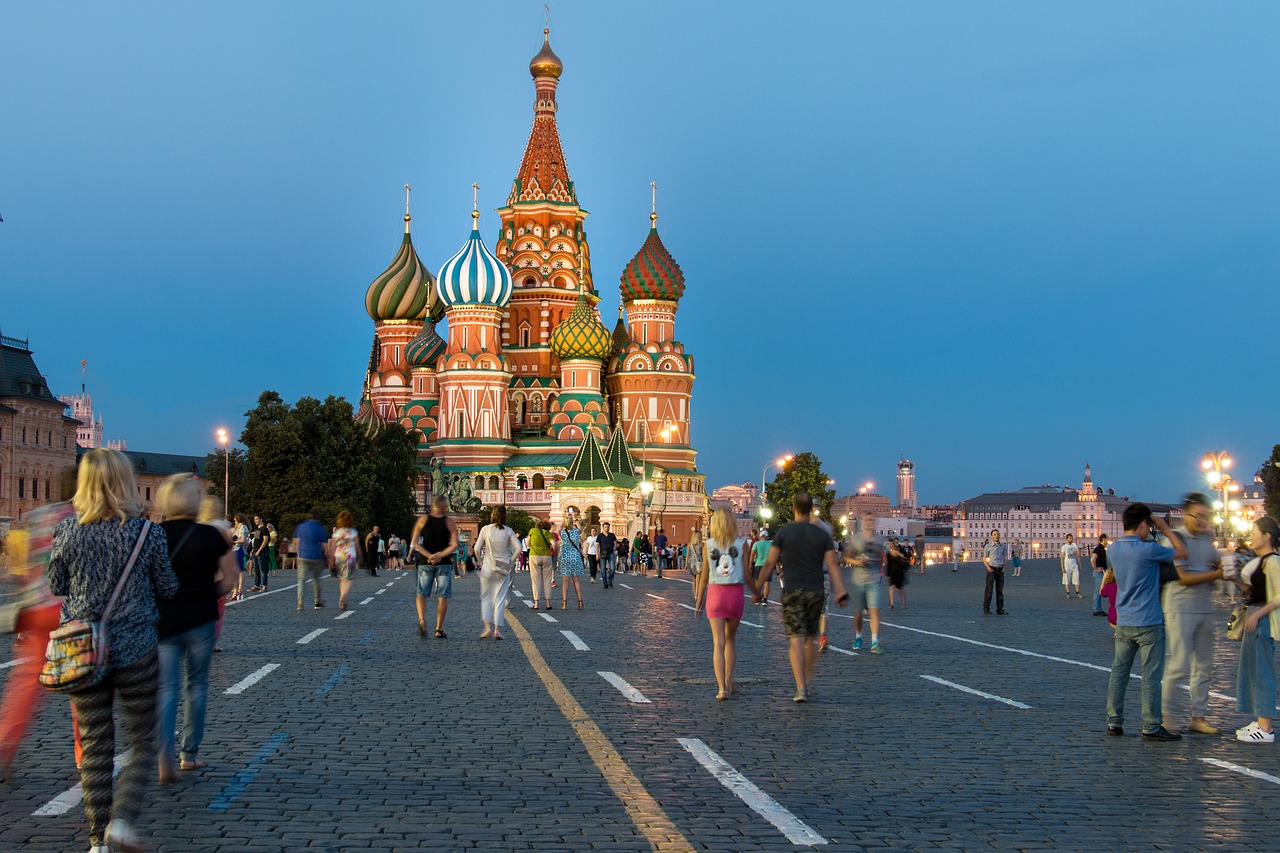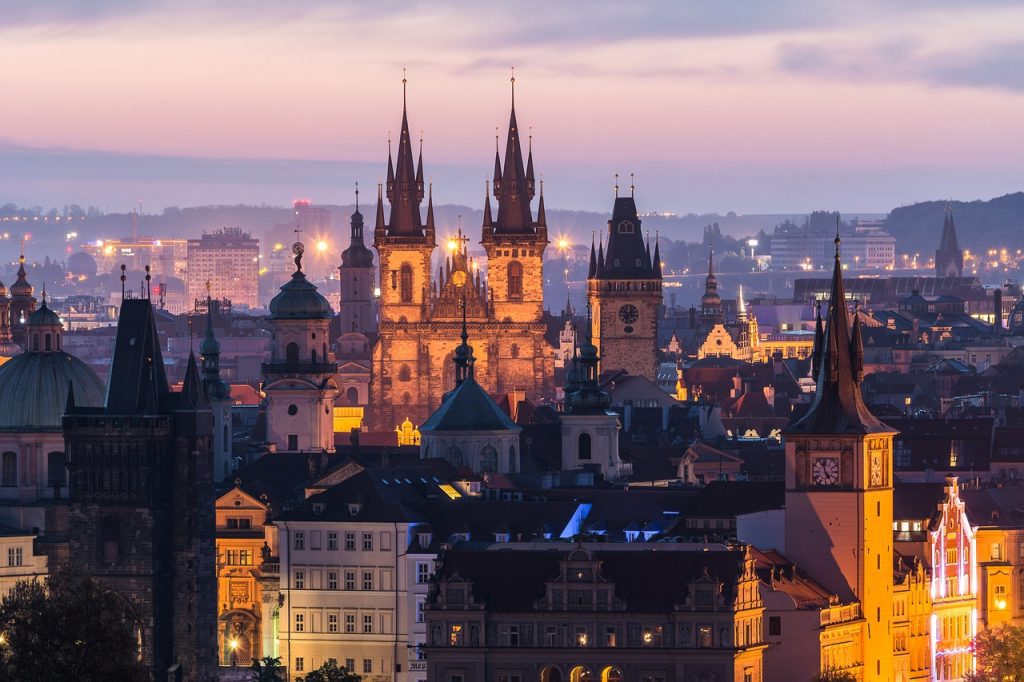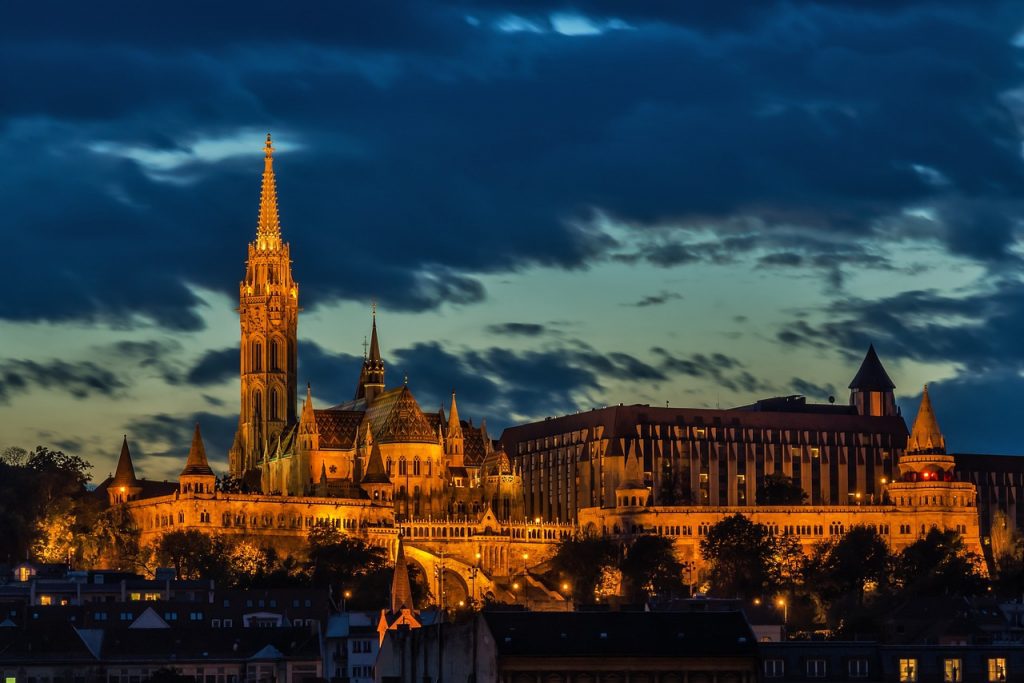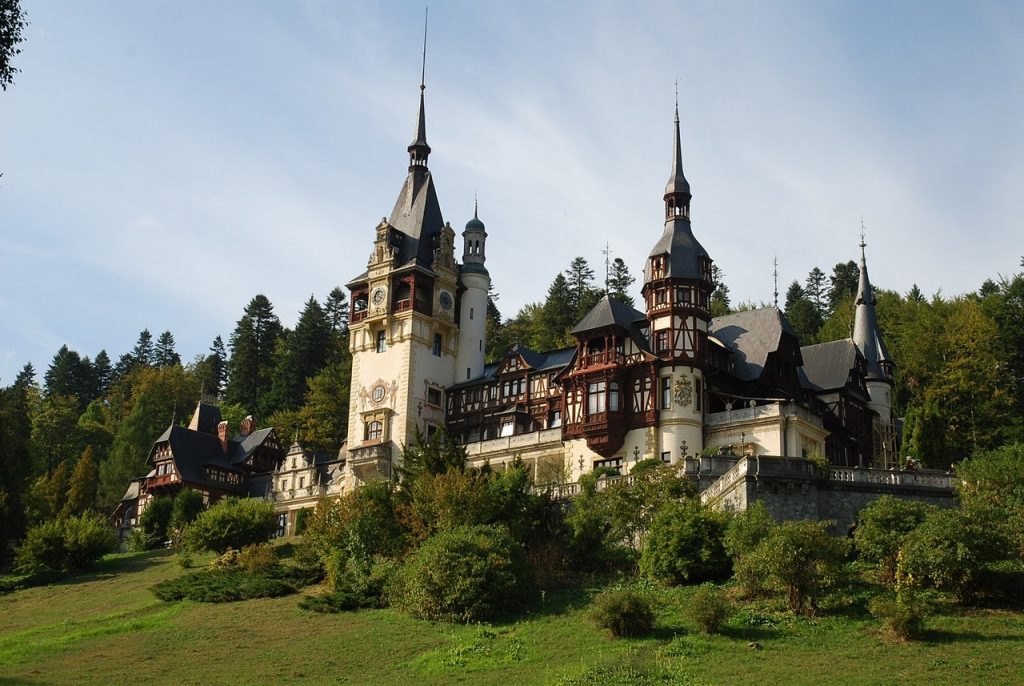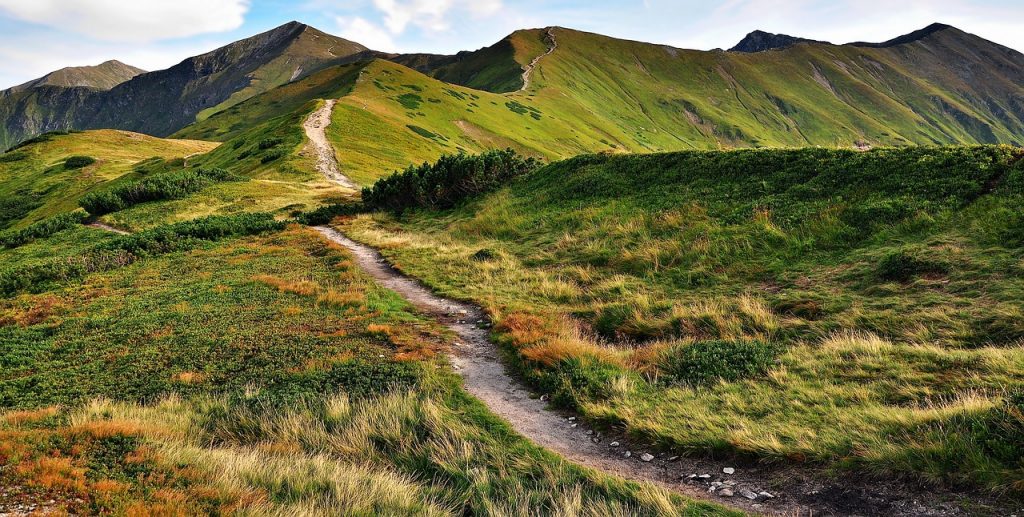Russia is the world’s largest country spanning a diverse landscape from the grandeur of Moscow to the wilderness of Siberia. With a rich history and a culture unlike any other, the country entices travelers year-round. But when is the best time to visit Russia?
Plan your Russian adventure by exploring the information below. You can review the climate, crowds, and more to find the best time to go to Russia for your ideal vacation.
Best Time to Visit Russia Based on the Weather
Spring (March to May):
Springtime in Russia is a season of rebirth and transformation. As temperatures gradually rise from 30°F to 60°F (-1°C to 16°C), you’ll witness the country awakening from winter’s slumber. This is an excellent time to explore Moscow and St. Petersburg, with fewer crowds and budding gardens. However, be prepared for occasional rain showers.
Summer (June to August):
Summer is the best time to visit Russia if you enjoy warm weather and longer daylight hours. With temperatures ranging from 60°F to 80°F (16°C to 27°C), this season offers ideal conditions for exploring the country’s vast landscapes. From the historic cities to the serene countryside, summer in Russia is a time of vibrant festivals, outdoor activities, and the renowned White Nights in St. Petersburg. But keep in mind that this is also the peak tourist season, which can result in higher prices and crowded attractions.
Autumn (September to November):
Autumn in Russia is a picturesque season as the leaves change color and the temperature ranges from 40°F to 60°F (4°C to 16°C). It’s an excellent time to explore the country’s historic sites and natural beauty. Visit the Golden Ring cities or take a journey on the Trans-Siberian Railway to witness the Siberian taiga’s fall foliage. Crowds begin to thin out compared to the summer months.
Winter (December to February):
If you’re a fan of winter wonderlands and snowy landscapes, Russia’s winter is an enchanting time to visit. Although temperatures can drop as low as -30°F (-34°C) in Siberia, winter temperatures in European Russia range from 5°F to 20°F (-15°C to -6°C). Moscow and St. Petersburg are beautifully adorned with lights and decorations during the festive season. Winter sports enthusiasts can head to the Caucasus Mountains for skiing and snowboarding. Just be prepared for shorter daylight hours and the need to bundle up.
Best Time to Visit Russia Based on Prices and Crowds
Low Season (November to March):
Winter and early spring are Russia’s low seasons, except for the holiday period around New Year’s when prices may increase. During this time, you’ll encounter fewer tourists, lower hotel rates, and more availability at attractions. However, be aware of the cold weather and the possibility of some attractions having reduced hours.
Shoulder Seasons (April to June, September to October):
Russia’s shoulder seasons offer a balance between pleasant weather and manageable crowds. Accommodation and flight prices are often more reasonable, allowing for a more relaxed experience at popular destinations. Spring and early autumn are particularly lovely times to explore the country.
High Season (July to August):
Summer is the high season in Russia, especially in tourist-heavy areas like Moscow and St. Petersburg. Prices for accommodations, flights, and attractions can be at their highest during this period. If you plan to visit during the summer months, booking in advance is advisable.
Discovering Russia’s Cultural Experiences
Russia offers a rich tapestry of cultural experiences throughout the year. Here are the top 10 annual cultural events and festivals in Russia:
- White Nights Festival (May-July): Held in St. Petersburg, this festival celebrates the city’s unique natural phenomenon of “white nights” when the sun barely sets. The event features performances, classical music concerts, opera, ballet, and vibrant street celebrations.
- Moscow International Film Festival (April): One of the oldest film festivals in the world, it showcases a wide array of international films and attracts renowned filmmakers, actors, and cinephiles to Moscow.
- Maslenitsa (February/March): Also known as Pancake Week, this traditional Russian holiday marks the end of winter. Celebrated with a week of food, music, and dancing, the highlight is the making and consuming of delicious pancakes.
- Victory Day (May 9): Commemorating the Soviet Union’s victory over Nazi Germany, this national holiday features grand military parades, fireworks, and concerts, with Red Square in Moscow being the focal point of celebrations.
- Bolshoi Ballet Seasons (Year-round): Enjoy world-class ballet performances at the renowned Bolshoi Theatre in Moscow. The ballet seasons typically run from September to June, offering the chance to witness spectacular productions.
- Russian Orthodox Christmas (January 7): Celebrated with midnight church services, caroling, and festive gatherings, Russian Orthodox Christmas is a significant cultural and religious event.
- Golden Mask Theatre Festival (March-April): This prestigious theater festival showcases the best of Russian drama, ballet, and opera. It features performances from renowned theater companies and artists.
- St. Petersburg International Economic Forum (SPIEF) (June): While primarily an economic event, SPIEF also hosts discussions on global cultural issues and attracts influential political leaders, business figures, and intellectuals.
- Russian Museum Nights (May and November): Many museums across Russia, including the State Hermitage Museum in St. Petersburg, open their doors for special nighttime events, allowing visitors to explore the art collections and exhibitions after regular hours.
- Scarlet Sails Festival (June): This enchanting event in St. Petersburg celebrates high school graduation. It culminates with a magnificent fireworks display and a spectacular ship with scarlet sails cruising along the Neva River, creating a fairy-tale atmosphere.
These cultural experiences offer a glimpse into Russia’s rich heritage, artistic achievements, and festive traditions, making any visit to this vast country a memorable one.
Exploring Russia’s Nature and Wilderness Experiences
Russia’s vast and diverse landscapes offer a range of nature and wilderness experiences:
Siberian Wilderness: Siberia, with its pristine wilderness, is best explored in summer when the region comes alive with wildlife and lush landscapes. It’s an ideal time for hiking, fishing, and experiencing the endless daylight of the Arctic Circle.
Lake Baikal: Known as the “Pearl of Siberia,” Lake Baikal is a unique destination for year-round exploration. However, the summer months are popular for swimming, hiking, and enjoying the surrounding beauty.
Trans-Siberian Railway: The world’s longest railway offers breathtaking views of Russia’s landscapes. While the route can be enjoyed year-round, spring and autumn provide comfortable travel conditions.
What Is the Best Time to Visit Russia and Why?
The best time to visit Russia largely depends on your preferences and interests. If you cherish warm weather, vibrant festivals, and extended daylight hours, summer is the peak season for you. However, be prepared for larger crowds and higher prices. For those seeking a balance between pleasant weather and affordability, the shoulder seasons of spring and autumn offer an ideal compromise. Winter is perfect for experiencing Russia’s festive charm and enjoying winter sports.
In conclusion, Russia is a year-round destination that caters to diverse interests. Whether you’re exploring historic cities, taking a journey on the Trans-Siberian Railway, or immersing yourself in Siberia’s wilderness, each season brings its unique charm to this extraordinary country. So, when is the best time to visit Russia? The answer lies in your personal preferences and the experiences you seek.
Experience Russia’s magic in spring, summer, autumn, or winter—it’s a journey you won’t forget.
Photo Credits:
Image by Michael Siebert from Pixabay

